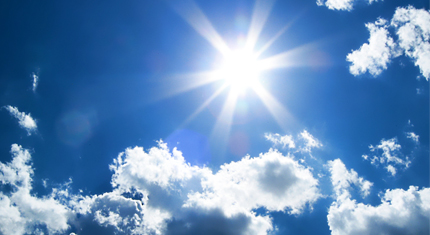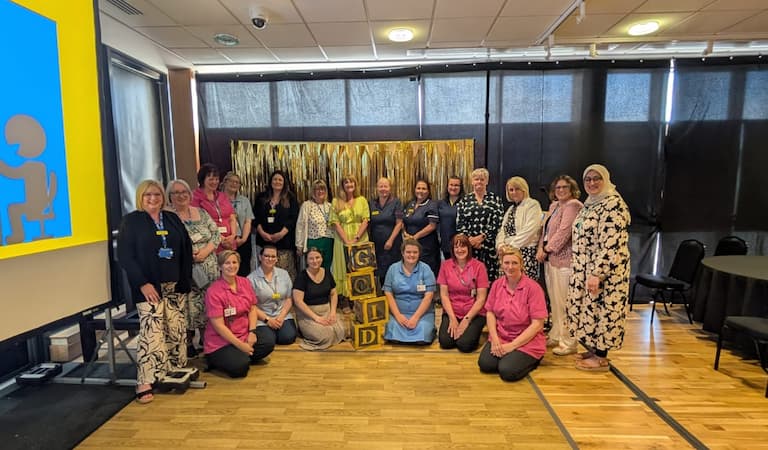Many of us welcome the hot weather, but exposure to the heat and sun for too long can have many health risks.
Knowing how to look after yourself and others in the heat is key to a happy and healthy summer.
Heat can begin to have an effect on people’s health when there is an average temperature of 30 degrees Celsius by day and 15 degrees Celsius overnight that lasts for at least a few days.
Those who are very young, the elderly and the seriously ill are the most vulnerable and at risk of health problems when the weather is very hot. Very hot weather can make heart and breathing problems worse, therefore being aware of the risks hot weather can cause will allow those most vulnerable to take caution.
Hot weather increases the risk of:
- Dehydration (not having enough water)
- Overheating (this makes symptoms worse for people who already have problems with their heart or breathing)
- Heat exhaustion
- Heat stroke
The following tips apply to everyone when it comes to keeping cool and comfortable and reducing health risks:
- Shut windows and pull down the shades when it is hotter outside. If it’s safe, open them for ventilation when it is cooler.
- Avoid the heat: stay out of the sun and don’t go out between 11am and 3pm if you’re vulnerable to the effects of heat.
- Have cool baths or showers, and splash yourself with cool water.
- Drink cold drinks regularly such as water and fruit juice. Avoid tea, coffee and alcohol as these drinks will contribute to dehydration.
- Stay tuned to the weather forecast.
- Plan ahead to make sure you have enough supplies such as water, food and any medications you need.
- Identify the coolest part of the house so you know where to go to keep cool.
- Wear loose, cool clothing and a hat when you go outside.
- Check up on relatives, friends and neighbours who may be less able to look after themselves.
If someone you know feels unwell, get them somewhere cool to rest and give them plenty of fluids to drink. Seek medical help if symptoms such as breathlessness, chest pain, confusion, weakness, dizziness or cramps get worse or don’t go away.
Look out for older neighbours, family and friends, as well as people who are less able to care for themselves every day during hot weather.




